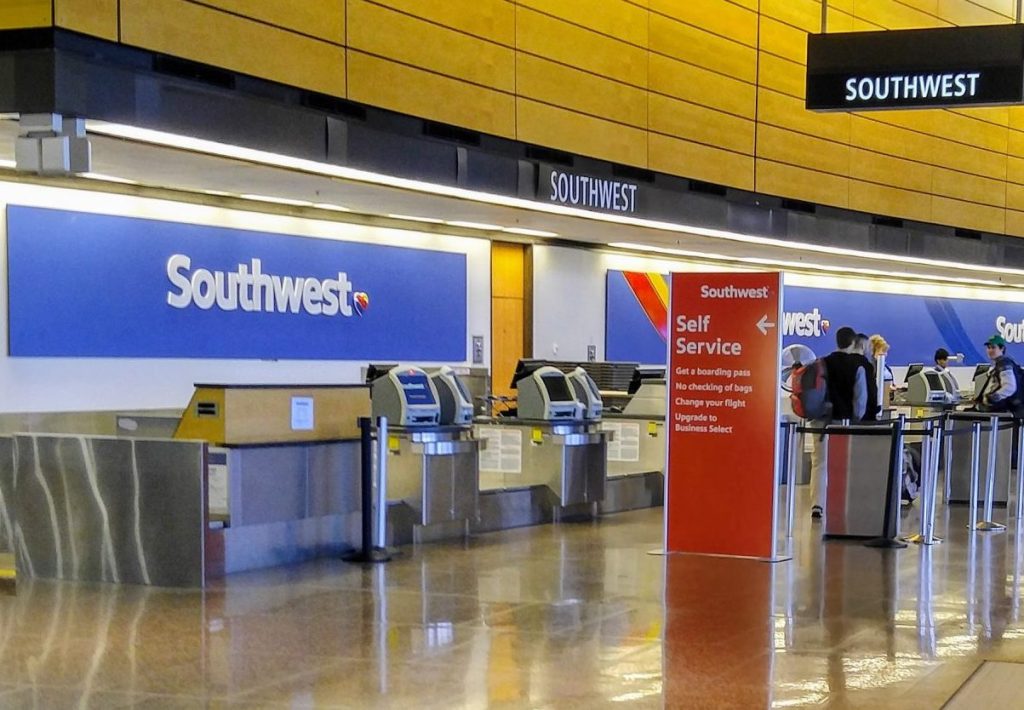Southwest Airlines has raised its revenue guidance for the third quarter and plans to make more changes during its investor day. The carrier expects its revenue per available seat mile to increase between 2% and 3%, citing a bump in bookings following the CrowdStrike outage. To drive up profits, Southwest will introduce premium seating and red-eye flights, with plans to retrofit its cabins next year. Despite these changes, Southwest remains committed to its free two-checked bags policy, which it believes has led to market share gains compared to revenue from bag fees. The airline expects these changes to generate around $4 billion in earnings before interest and taxes by 2027.
In an effort to boost profitability and fend off an activist investor, Southwest announced it would be cutting service in Atlanta, impacting around 300 pilot and flight attendant positions. The carrier stated that its current flying levels in Atlanta were not profitable. Additionally, Southwest is making changes to its partnerships by launching its first global airline partnership with Icelandair, set to begin in 2025 at Baltimore-Washington International Airport. This move comes as Southwest faces pressure from activist investor Elliott Investment Management, which is pushing for CEO Bob Jordan to step down. Elliott has indicated plans to call for a special meeting to force further changes at Southwest.
Southwest’s positive outlook and revenue guidance increase are part of its strategy to enhance profitability through various changes within the company. The airline aims to generate additional revenue through premium seating and red-eye flights, while maintaining its free two-checked bags policy to drive market share gains. By implementing these changes, Southwest expects to see significant growth in earnings before interest and taxes by 2027. However, the carrier’s decision to cut service in Atlanta and form global airline partnerships reflects the challenges it faces in meeting investor expectations and managing external pressures, such as those from activist investors like Elliott Investment Management.
The airline industry’s performance is closely monitored through the Skift Travel 200 (ST200), which tracks the financial performance of nearly 200 travel companies worth over a trillion dollars. Within the index, the airline sector includes a range of companies, such as network carriers and low-cost carriers, offering insights into the overall health of the sector. As Southwest Airlines navigates its investor day announcements and strategic changes, its performance will be closely watched within the context of the broader airline sector. The ST200 provides a comprehensive view of the industry’s financial health, shedding light on trends and shifts that impact individual companies like Southwest.
As Southwest Airlines unveils its revenue guidance increase and plans for further changes, the airline sector as a whole continues to face challenges and opportunities. The industry’s performance, as reflected in the ST200, will provide valuable insights into trends impacting airlines globally. Southwest’s focus on profitability and strategic changes underscores the competitive dynamics within the sector, as well as the pressures from investors and external stakeholders. By staying agile and proactive in response to market shifts, Southwest aims to position itself for sustained growth and success in the evolving airline industry landscape.


